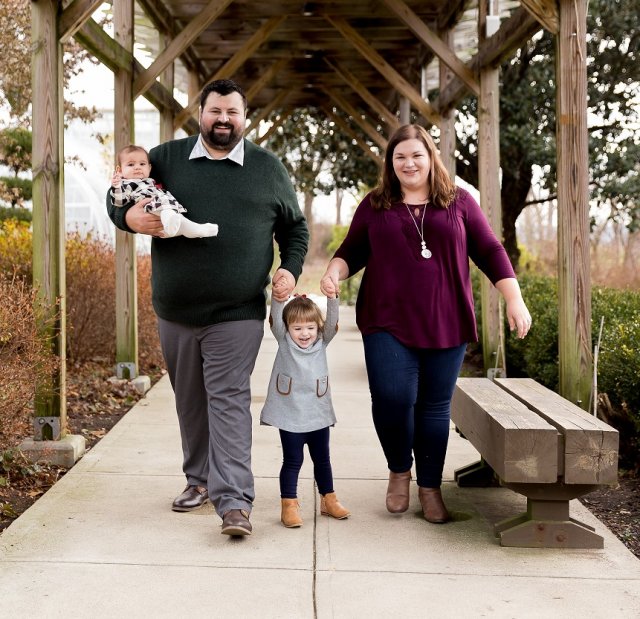Meet EPA Biological Science Technician Emily Wheaton
Emily Wheaton is a lab technician working primarily on microbial genomics in various water matrices. Recently, she has been dedicated to detecting SARS-CoV-2 in wastewater.

When did you first know you wanted to be a scientist?
I remember in my high school Bio class my teacher showed us a video about Ebola and I was fascinated! I just kept asking questions about everything; thankfully my teacher was very patient with me and never made me feel like any of my questions were ridiculous.
Tell us about your background.
I received my BA in Biology with a concentration in Ecology and Evolutionary Biology from Thomas More University in Kentucky and my MS in Environmental Microbiology from Marshall University in West Virginia. I came to the EPA as a student contractor in 2012, worked as a contractor for a short while, and then I became a Fed in 2017.
If you could have dinner with any scientist, past or present, who would it be?
Charles Darwin, hands down. I would love to hear about his travels and the exact moment he developed his theory of evolution. I doubt he would be surprised that it’s still a hot topic, even today.
If you weren’t a scientist, what would you be doing?
If I wasn’t a scientist, I would probably be an art historian or perhaps in art restoration. I started studying art at a very young age with private lessons and then in high school, art was my focus. It shocked everyone when I announced Biology as my major.
If you could have one superpower, what would it be and why?
If I had a superpower it would be the power to manipulate time. I am a mother of a 3-year-old and a 1-year-old, so I would speed up time when they are throwing tantrums and won’t go to bed but then slow it down to enjoy longer snuggles with them. I would also give myself more time to sleep in and drink hot coffee. I will only use my power for the greater good obviously.
Any advice for students considering a career in science?
There are so many different fields of science to study, so I recommend to take all the classes and internships that are available to you because you might think that you love marine biology but then discover you can barely stand up in a boat without falling down. The class you can’t wait to go to, the one you read all the material for, and the class that you do the extra credit work for “fun” is the field you should pursue further.
What do you think the coolest scientific discovery was and why?
DNA. Literally cracked the code.
What do you think is our biggest scientific challenge in the next 20/50/100 years?
Given the current times, I think the biggest scientific challenge now and many years to come will be communicating with the public in a way that informs and aids in understanding the importance of science in our everyday lives.
Editor's Note: The opinions expressed herein are those of the researcher alone. EPA does not endorse the opinions or positions expressed.
